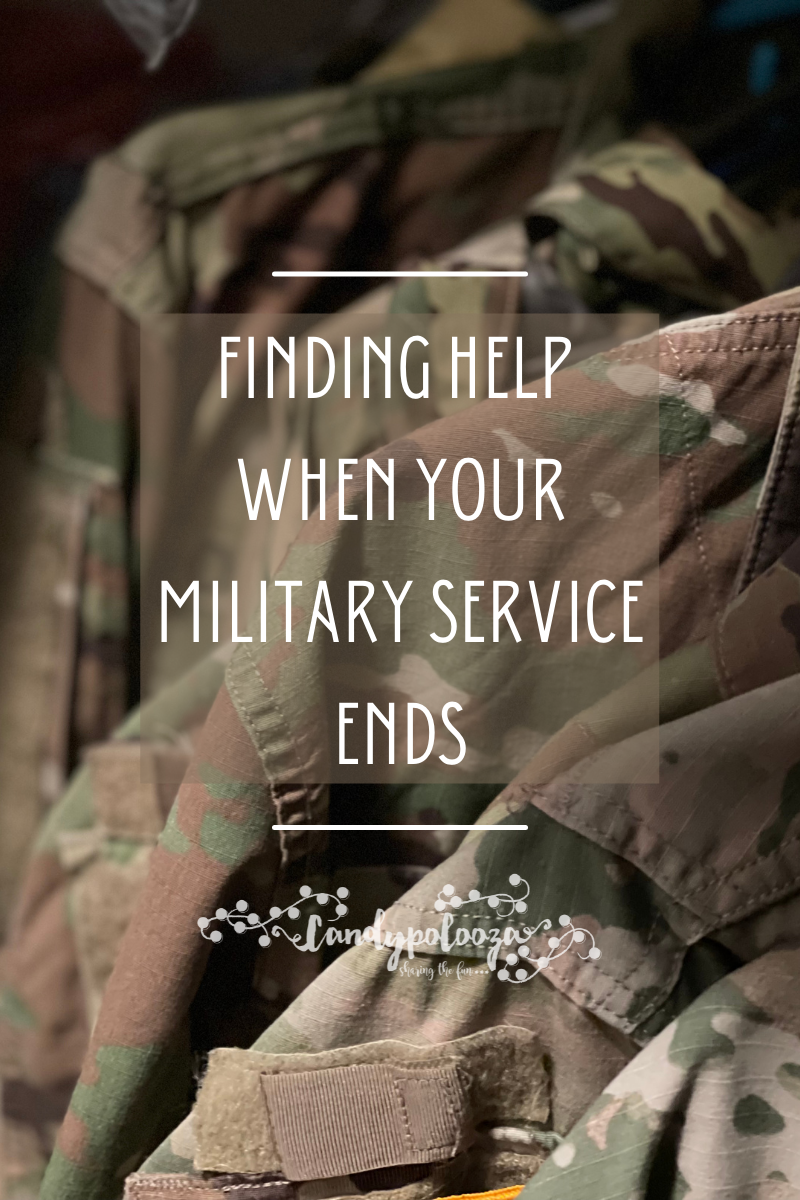Military service has many benefits and can be a lifeline career for some. But although you may enjoy the military experience, you might not necessarily want to serve for the rest of your life. Discipline, camaraderie, and fitness are just three of the massive benefits you will apply to your life after serving. Integrating back into civilian life can be daunting when you’ve come from the exciting times of serving your country. It’s a whole new world and you’re seeing it from new eyes. I’m sharing information on finding help when your military service ends.

If you Feel You Were Wronged
It’s an unfortunate fact that some military personnel are mistreated by their leadership. In the United States alone, the Pentagon currently holds over $2 billion worth of medical malpractice claims yet formalized. If you feel you have been wronged by your armed service while serving, you are entitled to bring action against them. However, the process is different depending on where you live. For instance, you can complete Form 95 to file an action against the US military. Or you can use the Armed Forces Compensation Scheme in the UK.
Continuing Benefits
In almost all countries, you are entitled to claim payment for any unused leave when your service ends. However, you should be aware that an honorable discharge is required. Additionally, you are eligible for ongoing costs in particular circumstances, such as retiring while in service. Your retirement stipend is based on your leaving rank, time served, and tenure. But not all nations offer such payment systems. However, in the terrible event you are severely injured in action, you might be entitled to benefits such as disability and medical treatment.
Jobs with Transferable Skills
You learn many skills when in the military. Physical fitness, mental aptitude, problem-solving, and teamwork are a few examples. And should you consider leaving for life among civilian work, most of the skills learned during your action are highly transferable to other jobs. For instance, it isn’t uncommon for ex-service personnel to go into law enforcement or private security because of weapons and people management. Yet the excessive teamwork involved in the armed services means your management skills might be better than the average civilian.
Help with Your Mental Health
The issues of mental health after service are well documented these days. PTSD and numerous societal problems such as anxiety are common for ex-military personnel. Cases like these also cause other effects like depression and withdrawal, made worse by drugs and alcohol abuse. Further, those issues often cause marriage breakdowns, severed family bonds, and domestic violence. Fortunately, there are many private, public, and military-funded support groups in most countries. Additionally, charities like the UK’s Help for Heroes also offer support for veterans.
Financial Planning
In the military, everything is provided for you. Therefore, a life in service means you may not have learned the necessary financial planning and accounting skills. Being poor with money will lead to all kinds of problems down the line and can be challenging to grasp when you try to adjust to civilian life. Cash management, taxes, and retirement planning are three core concepts. Fortunately, many independent accountants and attorneys offer advice and services designed especially for military personnel.